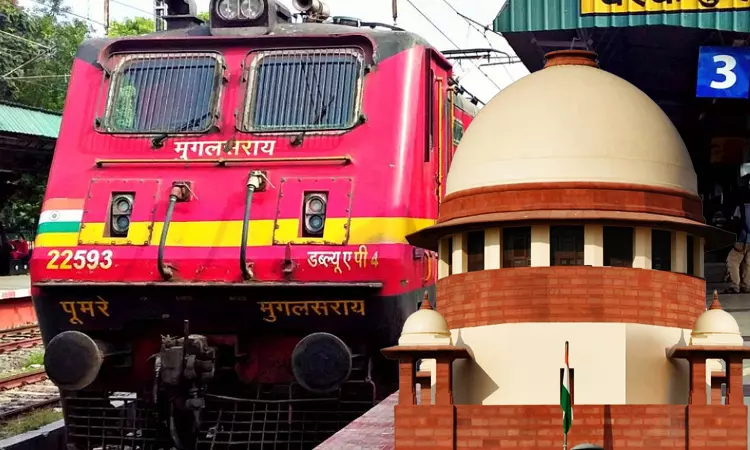'Unauthorised Sale Of Railway Tickets Online Offence' : Supreme Court Restores Cases For Fraudulent IRCTC Site Use
Yash Mittal
9 Jan 2025 7:41 PM IST

Next Story
9 Jan 2025 7:41 PM IST
The Supreme Court today (Jan.9) reinstated the proceedings initiated under Section 143 of the Railways Act, 1989 ("Act") against the accused, who had been involved in unauthorized activities by creating multiple user IDs to sell E-railway tickets. The bench of Justices Dipankar Datta and Prashant Kumar Mishra overturned the Kerala High Court's decision that had quashed the proceedings...
